Locals Testify in Court in Effort to Stop Greenpoint Lutheran Church Sale
Greenpoint residents testified in New York Supreme Court in the latest effort in the ongoing battle to save the beloved Park Church Co-op.

In a last-ditch effort to save the beloved Park Church Co-Op from being sold, Greenpoint neighbors headed to Brooklyn Supreme Court last week. Photo by Paul Frangipane, 2022
By Isabel Song Beer, Brooklyn Paper
Greenpoint residents testified in New York Supreme Court in the latest effort in the ongoing battle to save the beloved Park Church Co-op.
The Lutheran church, which closed its doors in June, has struggled financially for many years — and even briefly closed its doors for the first time in 2015 — but was thrown a lifeline in 2020 by its governing board, the Metropolitan New York Synod.
However, only a year and a half after the Synod stepped in to save the church, they announced that they would be withdrawing their financial support despite initially promising to fund the congregation for five years, which forced the church to close. In April, the church was listed for sale for $4.5 million.
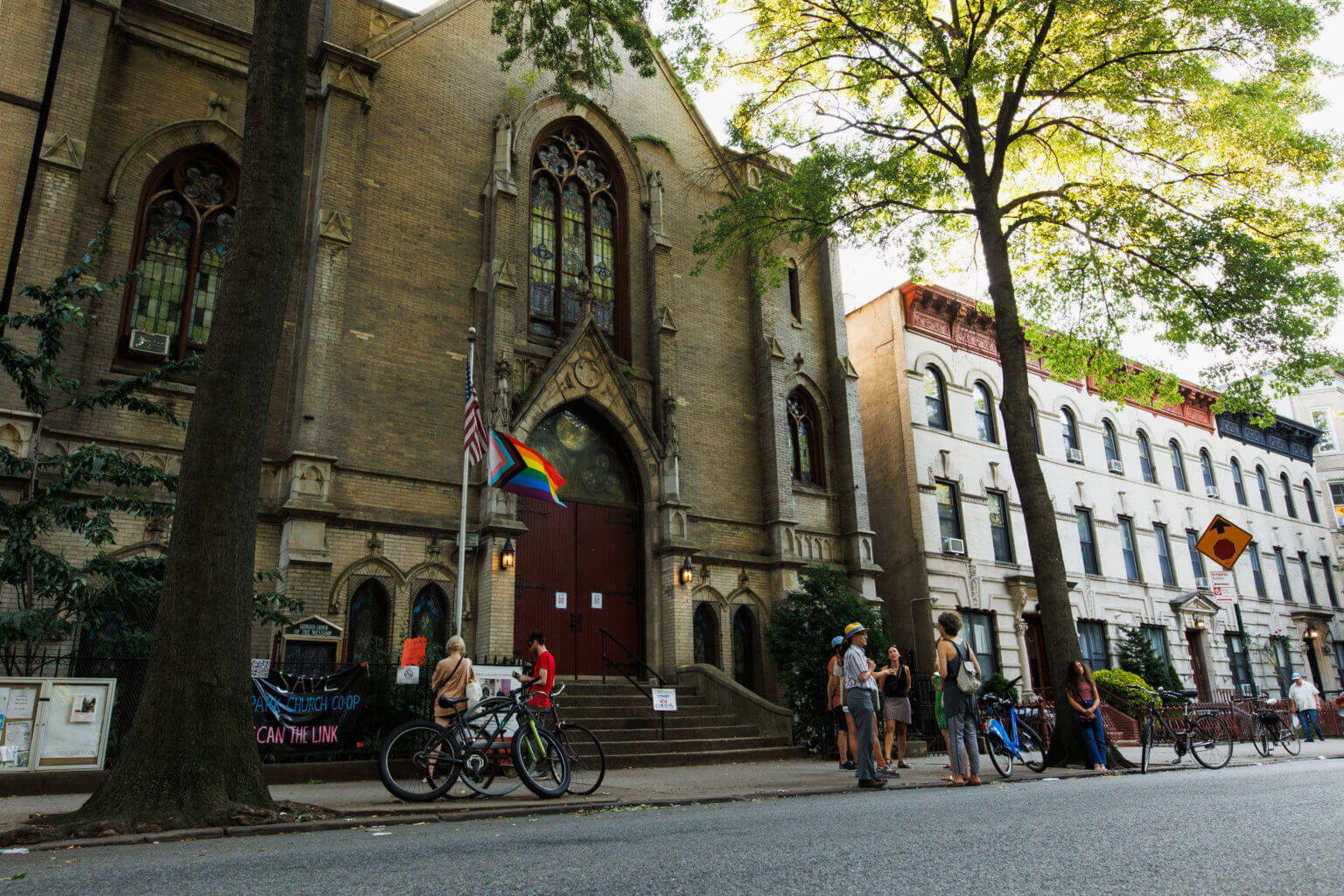
The news hit the community hard, with neighbors starting letter-writing campaigns and petitions to save the Co-op.
A last-ditch effort to rescue the church came on Thursday, August 31 when residents were able to testify during a public hearing in Brooklyn Supreme Court in front of Judge Richard Latin. Under New York State law, the sale of religious and nonprofit organizations must first be approved by the attorney general or by a state judge.
The Synod had originally asked Attorney General Letitia James to approve the sale of the church to private developer GW Equities LLC last fall, but James’ office sent the case to state courts earlier this summer.
According to reporting by news outlet THE CITY, the Synod decided to sell the church following a “careful evaluation” of declining attendance and concerns about the building’s structural safety.
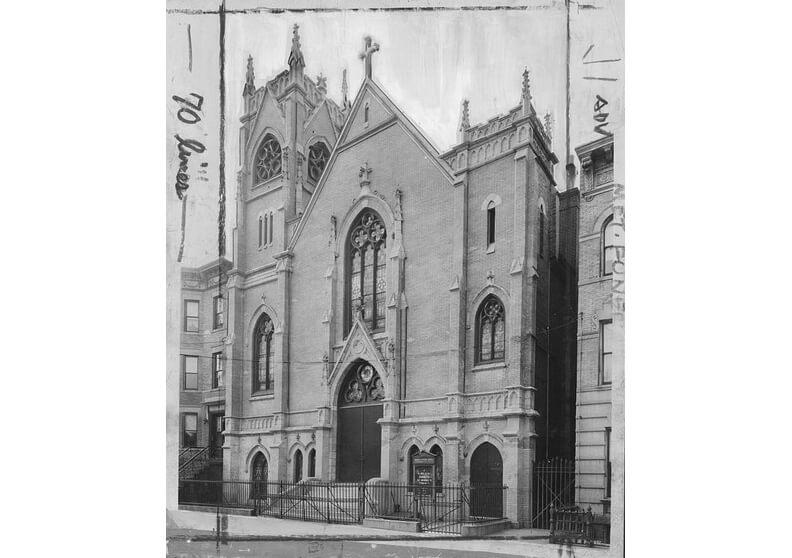
While the church itself served a relatively small congregation of about 35 parishioners, the space served as a vibrant community space, offering services to residents including a soup kitchen, homeless shelter, affordable day care, theater, and more. Locals fear those services will be permanently wiped out if the sale to private developers goes through.
Passionate Greenpoint neighbors-turned-activists spent close to an hour in front of the judge outlining the benefits of the community space and fighting for an 11th-hour Hail Mary.
“Now I am not a church-going person, in fact I would count myself mildly allergic to religion in general,” said resident and activist Jamie Hook during the hearing. “So it was with some surprise that I recognized that the Park Church at 129 Russell Street — the subject of this hearing — is in fact the building that I have spent the most and the most diverse time in, other than my neighborhood bar, in all of NYC. From childcare to dance parties to farmers markets to volunteer service to library activities to concerts, I have spent more time in this church for more diverse reasons than anywhere else in my neighborhood.”
The church, which is located across from McGolrick Park, also serves as a hub for some environmental groups including the North Brooklyn Parks Alliance.
“The park has long been considered a gem of North Brooklyn — a community that has been pummeled by environmental injustices for generations, leaving an unparalleled toxic legacy and one of the most polluted neighborhoods in the United States,” said Katie Denny Horowitz, executive director of the Alliance and 20-year resident of Greenpoint. “Throughout this time, this church has been an open and accessible community resource and anchor, hosted workshops and information sessions, community dinners, and arts and education programming. It’s a place to gather, to reflect, and to find a sense of community. If McGolrick Park’s pavilion is our town square, then the Park Church is its town hall. On behalf of the precious park and the people who have fought for it, please help us save this church.”
Local Council Member Lincoln Restler also attended the hearing, and spoke about his hopes for the community space, highlighting the work of the church and its commitment to service.
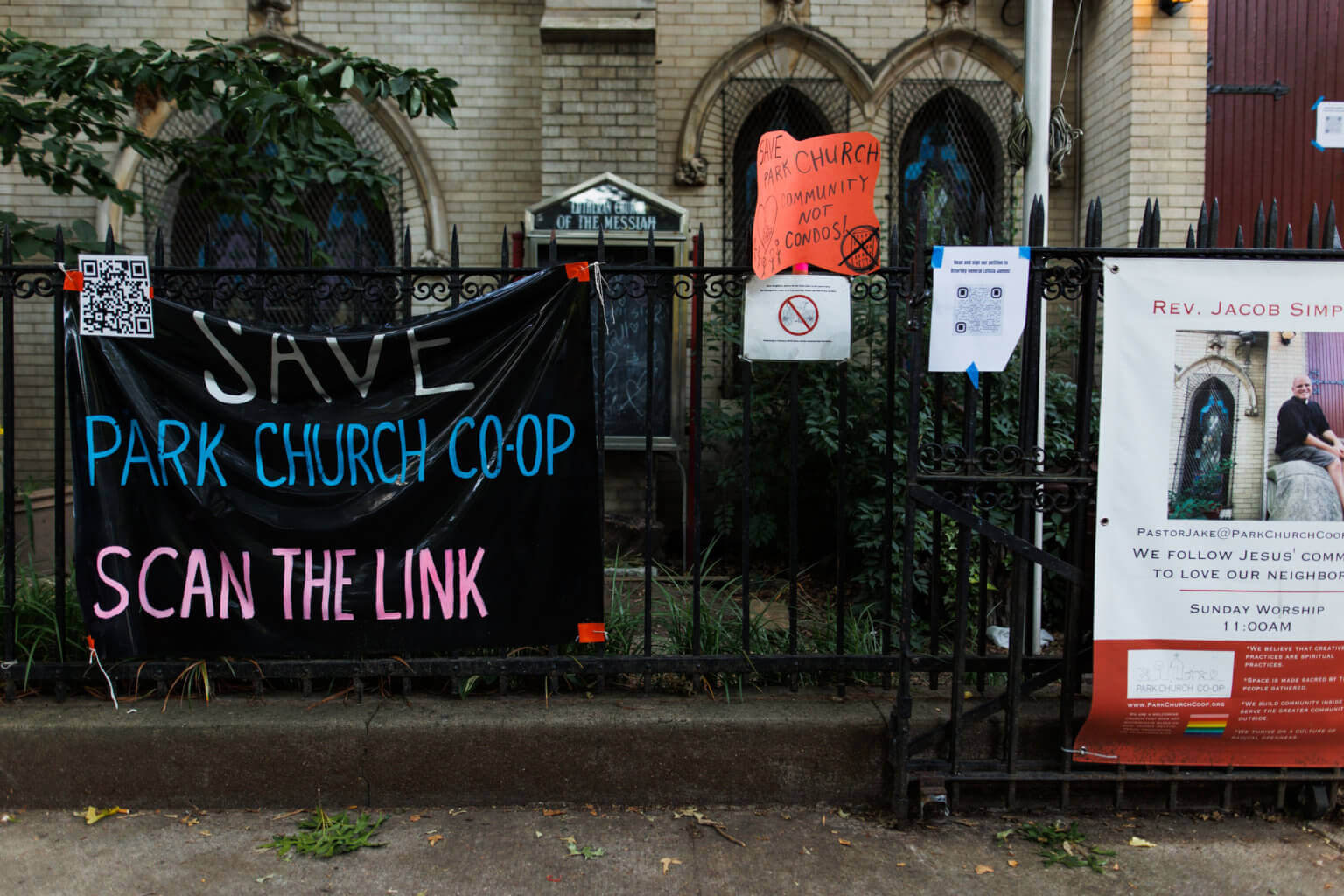
“I’m Jewish, but I will occasionally visit with religious institutions in my community,” Restler told Brooklyn Paper after the hearing. “And I was so moved that when I would visit at Park Church, every single parishioner would go down to the basement after the mass was completed and make bagged lunches for homeless people in our community or food insecure people in our community. Like, what a special place that centers those acts of service, that commitment to the vulnerable as part of their Sunday worship. I’ve always been moved by the values of the Park Church Co-op and that’s why we’re all trying to keep it alive in whatever form it may take.”
Now, the residents are offering an alternative to private development by instead securing a private buyer for the property and establishing a renovated venue and community space for neighbors to continue to visit called Commonplace. According to Hook, the group has found a resident willing to match the price developers have paid, about $4.7 million.
The Synod has a history of acquiring churches with valuable real estate and flipping them to developers for millions.
Now after the hearing, residents must wait for Latin’s decision about the fate of the beloved Co-op and although the battle has been admirable and hard fought, not many of the activists are optimistic about the results.
“We, the residents of Greenpoint, can see the writing on the walls,” Hook said during his testimony. “Perhaps this speech is a eulogy as much as a call to action. But let me say this directly to the Synod whose short-sighted sale has condemned this church to destruction and erasure from the civic body: If you as an ecumenical organization, whose very name means ‘to find a way together’ can so easily ignore your duties to the communities you have long helped to nurture, then perhaps your privileges to hold and sell major cultural assets within a tax-privileged civic framework bear deeper scrutiny and lesser exemptions going forward.”
Editor’s note: A version of this story originally ran in Brooklyn Paper. Click here to see the original story.
Related Stories
- Locals, Pols Ask AG to Save Historic Greenpoint Building Listed for $4.5 Million
- With Funding Pulled, Greenpoint’s Park Church Co-op Faces Unexpected Closure
- Historic Bed Stuy Factory Building, Now Church, to Be Partially Demo’d for Condos
Email tips@brownstoner.com with further comments, questions or tips. Follow Brownstoner on Twitter and Instagram, and like us on Facebook.



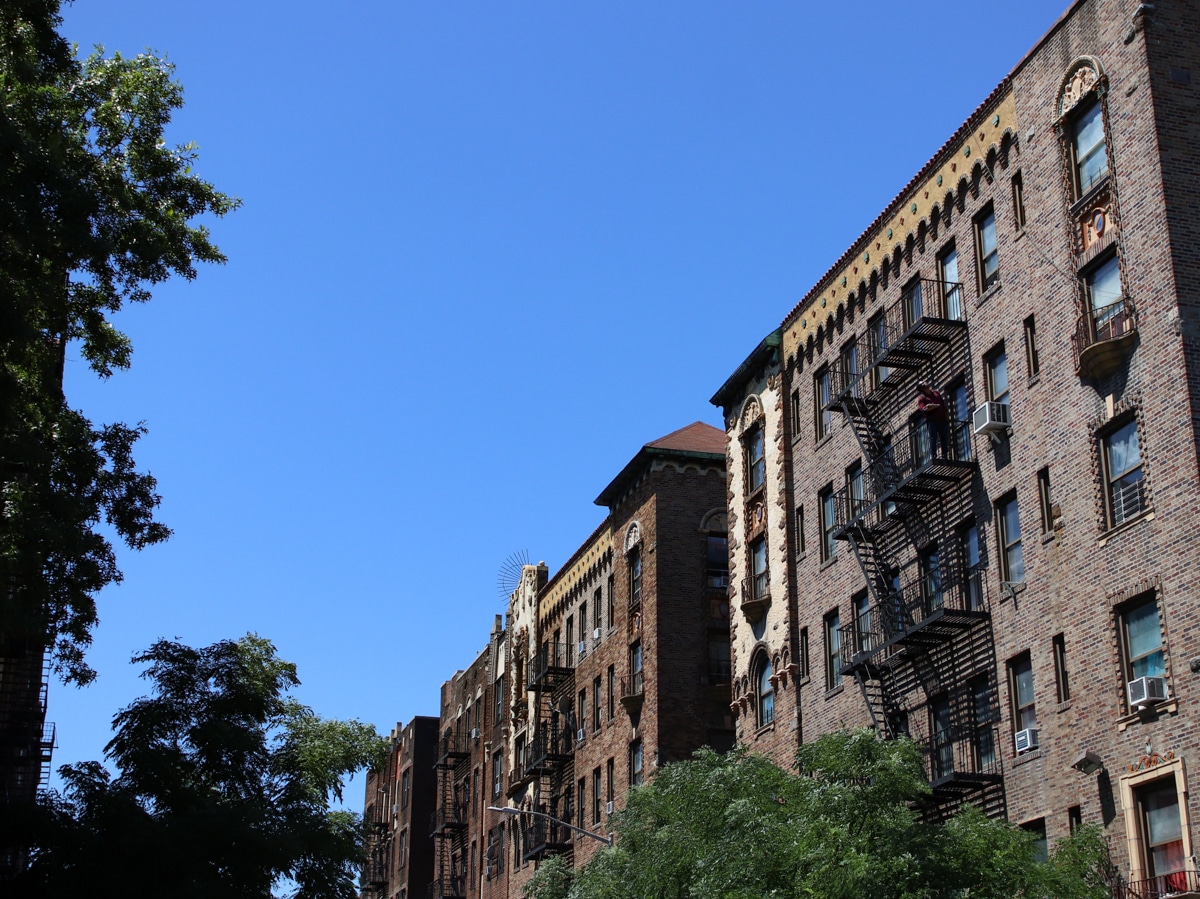
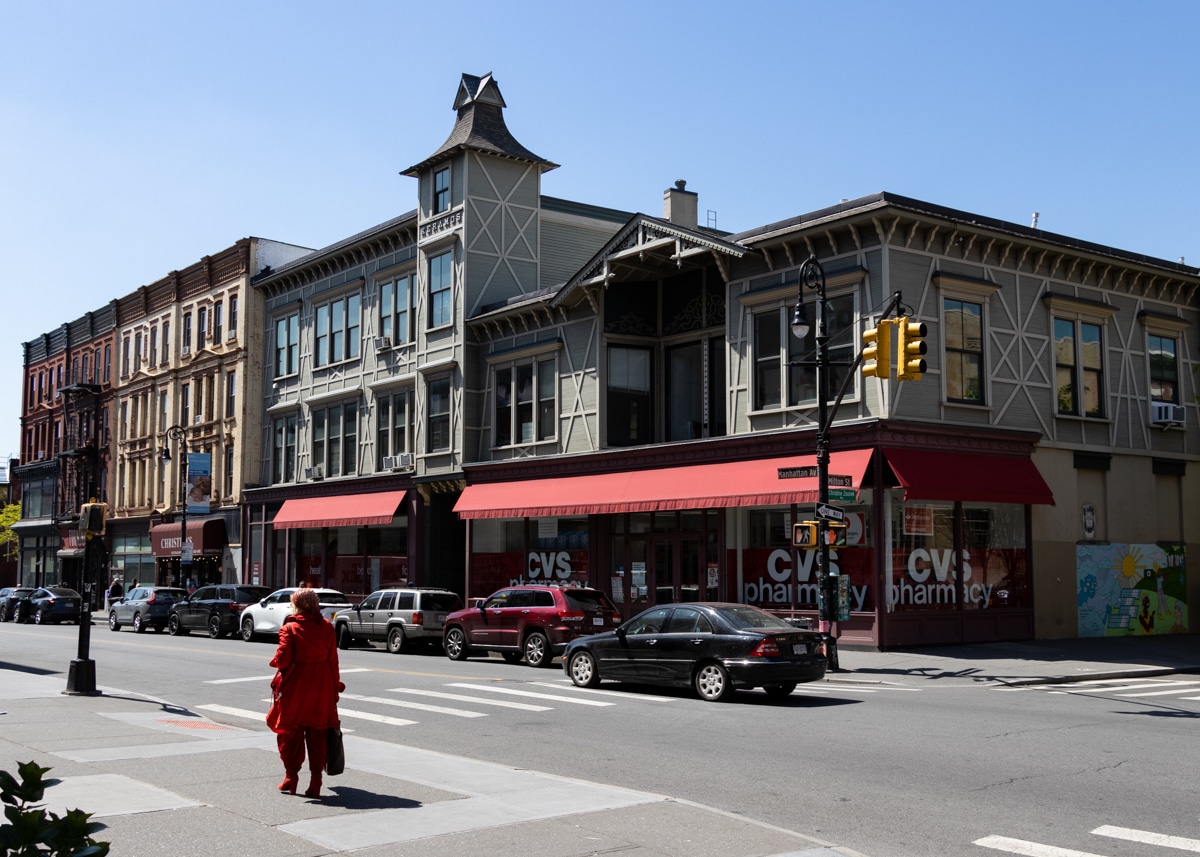




What's Your Take? Leave a Comment